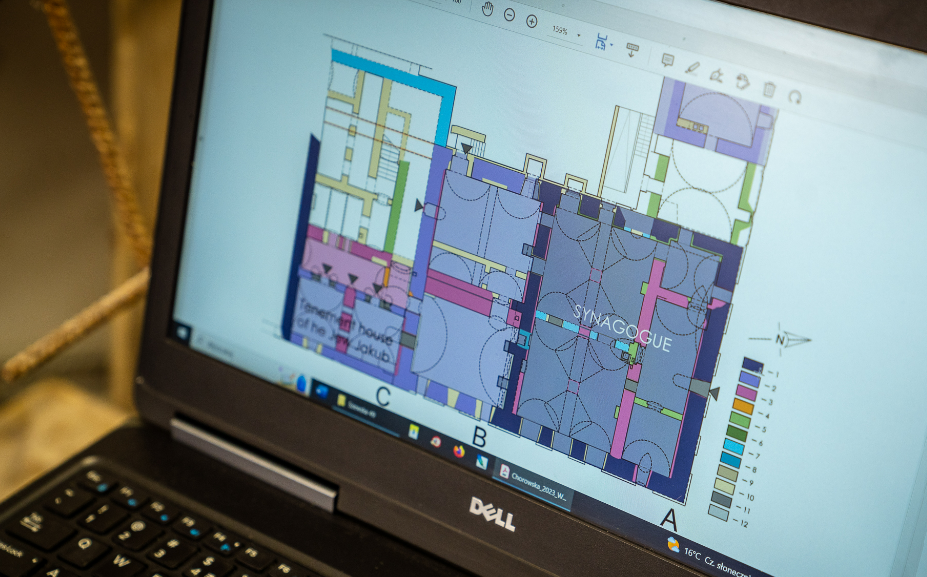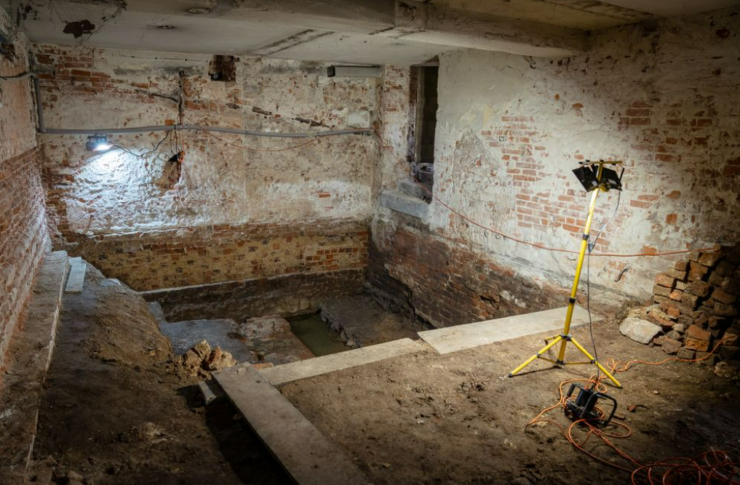While renovating a building in the city of Wroclaw, workers discovered the remains of what they believe to be a synagogue from the fourteenth century. The temple’s ruins, which are believed to have been among the biggest in Central Europe, were found in the city’s old town.
Mateusz Goliński, from the Historical Institute’s department of Polish and general history, said: “If the presumption of a synagogue is correct, then we are potentially dealing with the best-preserved relics of one of the oldest, if not the oldest, brick building of its kind in Poland“
Małgorzata Chorowska from Wrocław University said: “above all its size, was quite a surprise.”
The Legnica-Brzeg branch of the Piast dynasty built the later city palace, and based on previous study, Professor Chorowska and her team are sure that these relics show the integration of a 14th-century synagogue into the fortifications for 300 years.



The project, which was discovered in 2021 and has had architects working there ever since, has been spearheaded by the Historical Institute of Wroclaw University, which is housed within the building.
Furthering the synagogue’s potential historical significance, scholars suggest that it might have been the first synagogue of Wroclaw’s Jewish community, a claim that is consistent with the city’s lengthy Jewish history, which dates back to the 12th century.
Professor Chorowska said: “Despite a very good recognition of the medieval architecture of Wrocław and many years of archaeological research of buildings demolished to the foundations, until the time of the ongoing renovation, it was not possible to determine the location or any material remains of the oldest synagogues in the city.”
At its height, Wroclaw had one of East Central Europe’s largest Jewish populations.
The largest synagogue in the city was attacked by the Nazis during the Kristallnacht pogrom in 1938.
